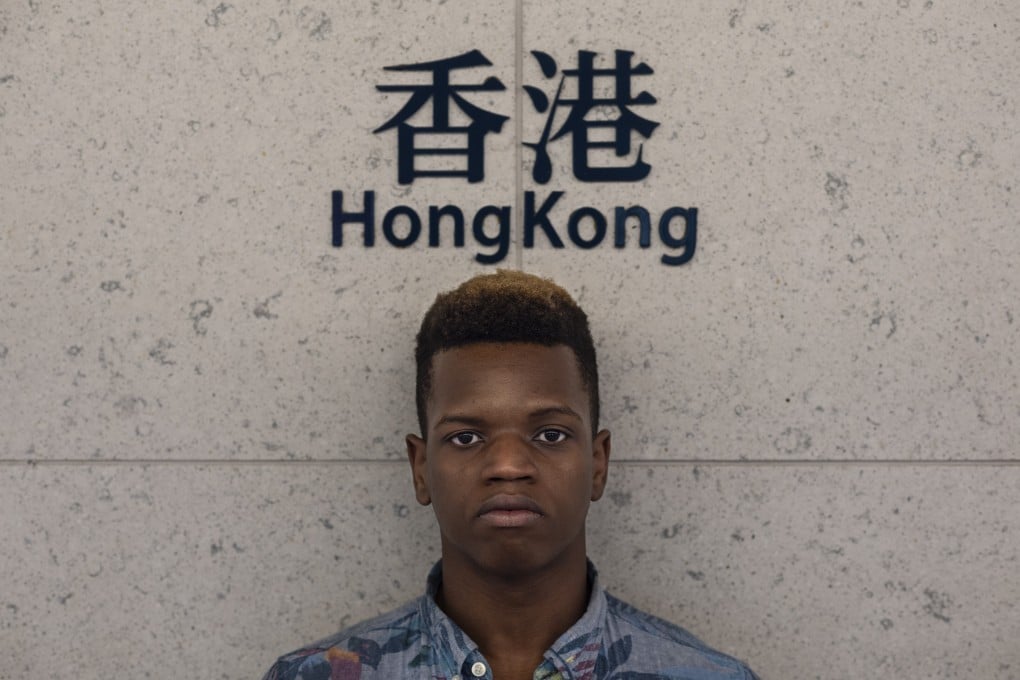What it’s like to be black and African in Hong Kong: ‘there is racism literally in every corner’
Despite being born and raised in the city – and speaking Cantonese – many black residents experience racism as part of their everyday life

A mere 3,144 of Hong Kong’s 7.5 million people are African, or of African descent, according to the 2016 Population By-census. But in the past five years, a massive 492 complaints of racial discrimination against them were lodged with the city’s equality watchdog.
In reality, that may be a conservative measure of discrimination. A 2016 study by the Equal Opportunities Commission revealed that many members of ethnic minorities in Hong Kong would not consider filing a complaint, worried that they would be labelled “troublemakers”.
“Hong Kong has a specific context because it has got its own racial and cultural history. The colonial era sowed the first seeds of racial superiority and racial hierarchisation. We should know how it feels to be the subjugated race, but we don’t always take the lesson, do we?”